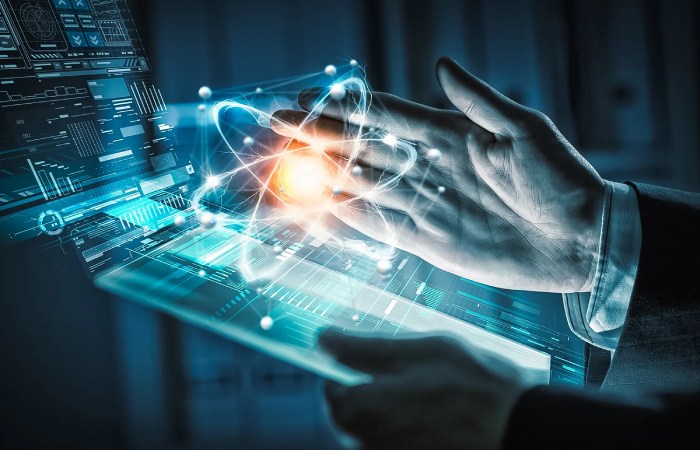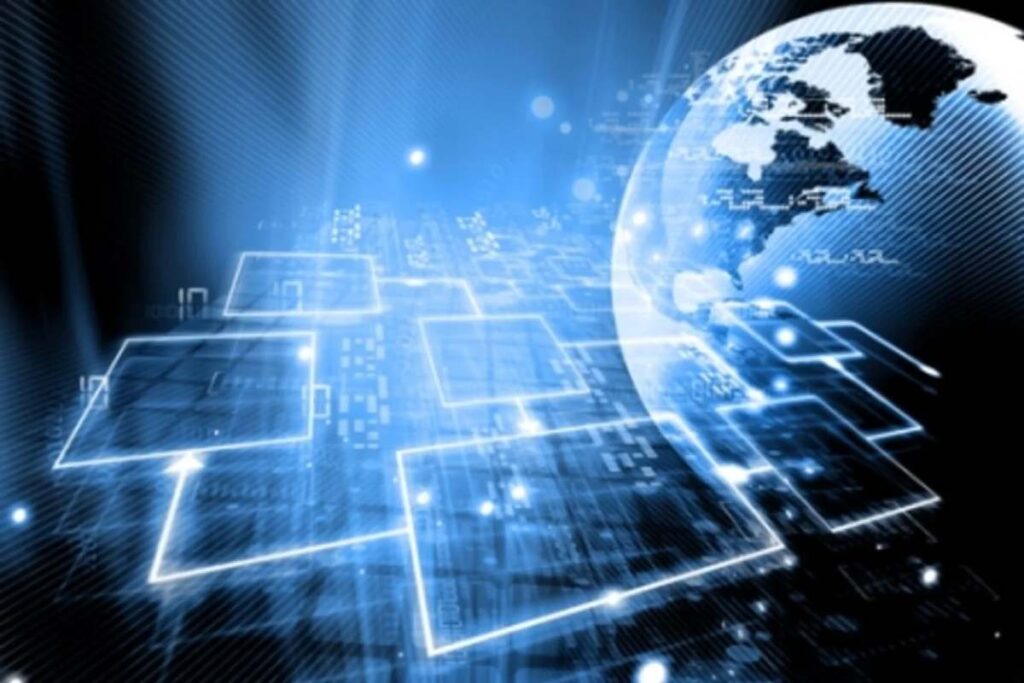Information technology uses computers, storage, networks, and other physical devices, substructures, and procedures to create, process, store, protect, and exchange electronic data. They are vital in personal, commercial, and noncommercial use today.
Some typical applications of information technology include:
Computers: IT professionals use computers to create, process, and store data. They also use computers to communicate with others and access information from the Internet.
Software: IT professionals use software to automate tasks, analyze data, and create new applications.
Networking Technologies: IT professionals use networks to connect computers and other plans to share data and resources.
Data Storage: IT professionals use storage devices to store large amounts of data. This data can be stored on physical media such as firm drives or in the cloud.
Security: IT professionals use security measures to protect data from unauthorized access. These measures can include firewalls, antivirus software, and intrusion detection systems.
Information technology is a broad field that encompasses a wide range of disciplines. Some common IT careers include:
Computer Engineer: Computer engineers design, develop, and test computer hardware and software.
Information Security Analyst: Analysts protect computer systems and networks from unauthorized access.
Network Administrator: Network administrators install, configure, and maintain computer networks.
Web Developer: Web developers design, build, and maintain websites.
Database Administrator: Database administrators design, build, and manage databases.
It is a constantly evolving field. New technologies are emerging all the time, and IT professionals must be able to adapt to these changes. It is also highly competitive, and IT professionals must have solid skills and knowledge to succeed.
Types of Information Technology

There are many different kinds of information technology (IT), but the most common are:
- Hardware: This includes the physical mechanisms of computers and other electronic devices, such as processors, memory, storage devices, and input/output devices.
- Software: This includes the programs that run on computers and other electronic devices. The software can be used for tasks like word processing, web browsing, and gaming.
- Networking: This includes the connections between computers and other electronic devices. Networks allow computers to share data and resources like printers and files.
- Data storage includes the physical devices and systems used to store data. Data storage can be local or in the cloud.
- Security includes protecting data from unauthorized access, use, or disclosure. Security measures can include firewalls, antivirus software, and intrusion detection systems.
- Analytics includes collecting, cleaning, and analyzing data to gain insights and make smarter decisions. Analytics can be used in various marketing, finance, and healthcare industries.
- Artificial Intelligence involves building intelligent agents that can reason, learn, and act autonomously. Artificial Intelligence is used in various applications, such as self-driving cars, fraud detection, and chatbots for customer service.
- Internet of Things: This refers to a network of physical objects deeply embedded with sensors, software, and network connectivity, letting them collect and exchange data. IoT is used in various requests, such as smart homes, industrial automation, and healthcare monitoring.
Importance of Information Technology
Increased efficiency and productivity
IT can help companies automate tasks, freeing employees to focus on more strategic tasks. It can also help companies streamline processes, leading to shorter lead times and improved customer service.
Increased reach and market share
IT can help companies influence new customers and markets. For example, companies can use online marketing and social media to reach a global audience. It can also help companies sell their products and services online, further expanding their reach.
Improved decision-making
IT can help companies gather and analyze data to make smarter decisions. For example, companies can also use data analytics to track customer behaviour, identify trends, and predict future demand. This information can be used to make more intelligent pricing, marketing, and product development decisions.
Increased security
IT can help companies protect their data and systems from cyberattacks. For example, companies can use firewalls, antivirus software, and intrusion discovery systems to prevent illegal access to their systems. They can also use encoding to protect sensitive data.
Innovation
IT can help manufacturing innovate and stay ahead of the competition. For example, companies can use IT to develop new products and services, improve existing products and services, and optimize processes. It can also help companies experiment with new ideas and test new concepts.
Overall, IT is a critical tool for businesses of all sizes. They can help companies improve efficiency and productivity, attract new customers and markets, make smarter decisions, improve safety, and drive innovation. As technology advances, IT will become more and more critical to businesses.
Conclusion
Information technology (IT) is a rapidly evolving field that has profoundly impacted our lives. It has changed the way we work, communicate, and learn. It has also created new opportunities for businesses and individuals.
As IT continues to evolve, staying efficient with the latest trends is essential. This can help us make informed decisions about how to use IT to our advantage. It is also necessary to be aware of the potential risks associated with IT, such as security threats and privacy issues. By understanding the risks, we can take ladders to mitigate them.
Overall, IT is an influential tool that can be used for good or evil. We must use it responsibly and ethically. By doing so, we can ensure that IT continues to be a force for good in the world.


